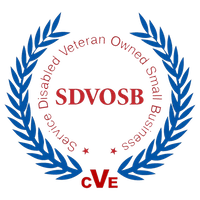In “Difficult Conversations,” my fifth entry in my ongoing series of video blogs “Leadership in the Information Age,” I talk about how to approach a difficult conversation and why they are so very important – not only for course-correction, but for future development.
Bottom line, difficult conversations are absolutely necessary and critically important to improvement and correction.
Be direct. Don’t minimize a difficult conversation by using the “sandwich technique” of compliment-criticism-compliment, and don’t allow a negative tone to drive them to a defensive attitude. Instead, flip the expected script. Ask them about their challenges and how they’ve performed in the face of those challenges.
To be most effective, put them in a position to discover their own deficiencies. Ask them how they would solve the problem were they in your shoes.
Before ending a difficult conversation, develop and agree to an action plan. This cooperation can lead to great results.
Take two minutes to watch the video by clicking on the image below to learn more about how to handle difficult conversations.





